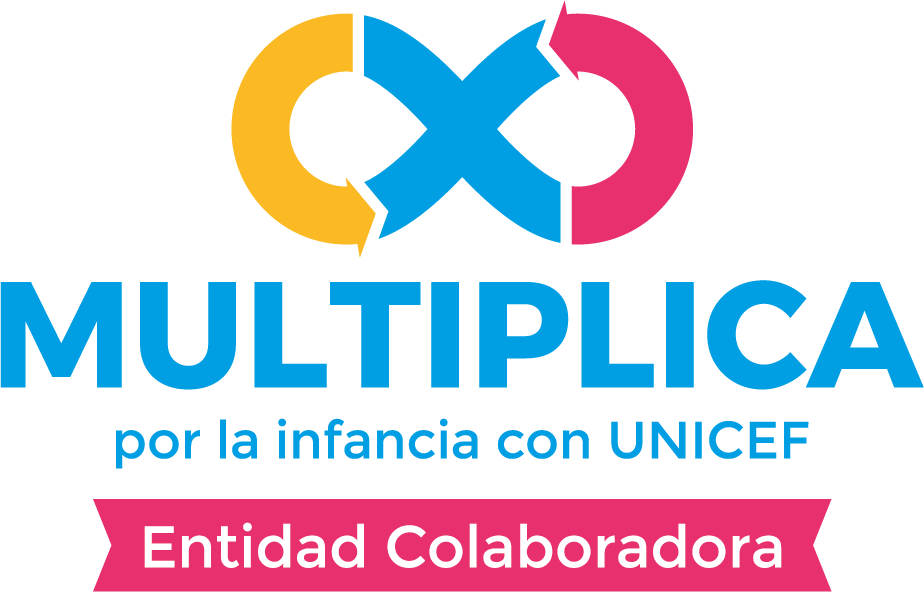Corporate social responsibility
Environment
REPORT ON PROGRESS ON RAW MATERIALS
TRADESMA has been a leading manufacturer of cocktail sticks, lollipop sticks, skewers, etc. for over 40 years. During this time we have changed the raw materials that we use.
Initially: We used poplar wood to make flat and round cocktail sticks, lollipop sticks, etc.
Today:We use poplar wood to make flat cocktail sticks and lollipop sticks, beech to make “helicoidal” lollipop sticks and birch and bamboo for round cocktail sticks.
Current international environmental protection, enforced worldwide by the FSC (FOREST STEWARDSHIP COUNCIL), means that we have had to start looking for alternatives to slow-growing woods, which are now subject to international laws restricting logging quotas. We therefore work with a range of woods in the manufacture of our products. The material of the future will be BAMBOO, a fast-growing wood with no restrictions on logging quotas.
In addition to its primary advantage of being ecological and easily obtainable, bamboo wood has many properties that make it ideal for this type of product. For example, it is flexible and when it breaks the fibres come apart, rather than forming splinters. It is also much more fire resistant. For this reason 90% of barbecue skewers are made of bamboo wood.
In order to start manufacturing our products using BAMBOO wood, we had to invest in machinery with the latest technology for handling a material whose properties make the production process difficult.
Today we manufacture our range of products using both BIRCH and BAMBOO in our two production centres in CHINA: bamboo products are manufactured in our factory in GUANGZHOU in southern China, while the HEILONGJIANG factory in the north produces birch items. We are continuing to invest in machinery and technology so that in the future a large proportion of our products will be manufactured using BAMBOO.
Daniel Caballero Mir
Operations Director
Traditionally, as manufacturers of lollipop sticks, flat and round cocktail sticks and wooden skewers, we have worked with all types of raw materials.
Originally, over 40 years ago, we mainly used poplar wood. Nowadays, given that all the alternative raw materials are technically suitable, we cannot say that one type of wood has any great advantage over another. Now the most important criteria for choosing one type of wood rather than another are ecological (reforestation and controlled management of the forests), and whether the wood can be supplied in sufficient quantities to ensure we can continue supplying our customers at reasonable prices.
Some of the raw materials we work with are:
Poplar or aspen. A white-beige, fairly soft and quick-drying wood which is widely used in Spain, in particular the Canadensis variety. It grows abundantly in Spain and is also quite common in northern China, in the Liaoning, Jilin and Heilongjiang provinces.
White birch. A light-coloured fairly hard wood. It needs to be thoroughly dried to obtain a good finish. It grows in northern China and Russia in cold mountainous areas. 100% of the wood extracted is replanted. The Chinese government establishes annual logging quotas to manage volumes. When demand is greater than supply the government reduces logging quotas. This can lead to price fluctuations of up to 30% in one season. It can also be imported by train from Siberia to Heilongjiang, as the Russian government does not have such strict reforestation controls.
Bamboo. In China there are 300 varieties of bamboo, which grows in the country’s central and southern regions. It is very fast-growing, taking between four and six years. It is undoubtedly the best ecological alternative as reforestation is so rapid. It is the most used material in the highly demanding Japanese market. According to the Janka scale (which classifies woods according to their hardness and resistance to denting) bamboo is more resistant than oak and much stronger than pine or spruce. Bamboo wood has a natural light, almost white, colour. It is much more resistant to humidity and fire than many other woods.
Bamboo is undoubtedly the raw material of today and the future. It is difficult to handle and work, which increases manufacturing costs, but this is offset by its rapid growth and ease of reforestation, helping us to contribute to the sustainability of our planet.
Daniel Caballero Mir
Operations Director
Multiplica por la infancia
Adding together small contributions to produce big results.
Multiplica por la Infancia is an initiative created especially for small and medium enterprises, professional associations and other private sector groups. Its aim is to provide educational resources for children in Africa.
The entities that take part in the programme pool their efforts in order to multiply the impact of their contributions
Where does the money raised go?
Education represents the hopes, dreams and aspirations of children, families, communities and nations around the world. It is the most reliable route out of poverty and a critical pathway towards healthier, more productive citizens and stronger societies.
The money raised by the partners in the Multiplica programme goes to the Schools for Escuelas para África.
Schools for Africa
Schools for Africa was founded in 2004 by the Nelson Mandela Foundation and the Peter Krämer Foundation with the aim of creating child-friendly schools that provide them with a safe, protective environment where they can learn and play. In addition to providing a decent education, the schools ensure children have access to water, healthcare, food and sanitation.
Since the programme was launched, over 30 million children have been able to study in child-friendly schools with appropriate facilities and materials, properly trained teachers and programmes adapted to meet all their needs. Access to good quality education has also been vital for many disabled children, giving them a future which they would otherwise have been denied.
28.5 million children in 13 countries have benefited from the Schools for Africa programme since 2005.

